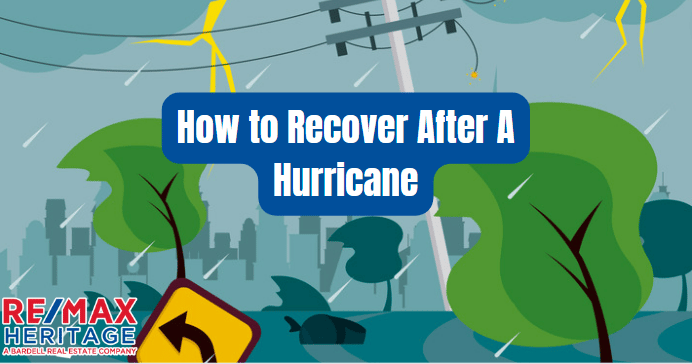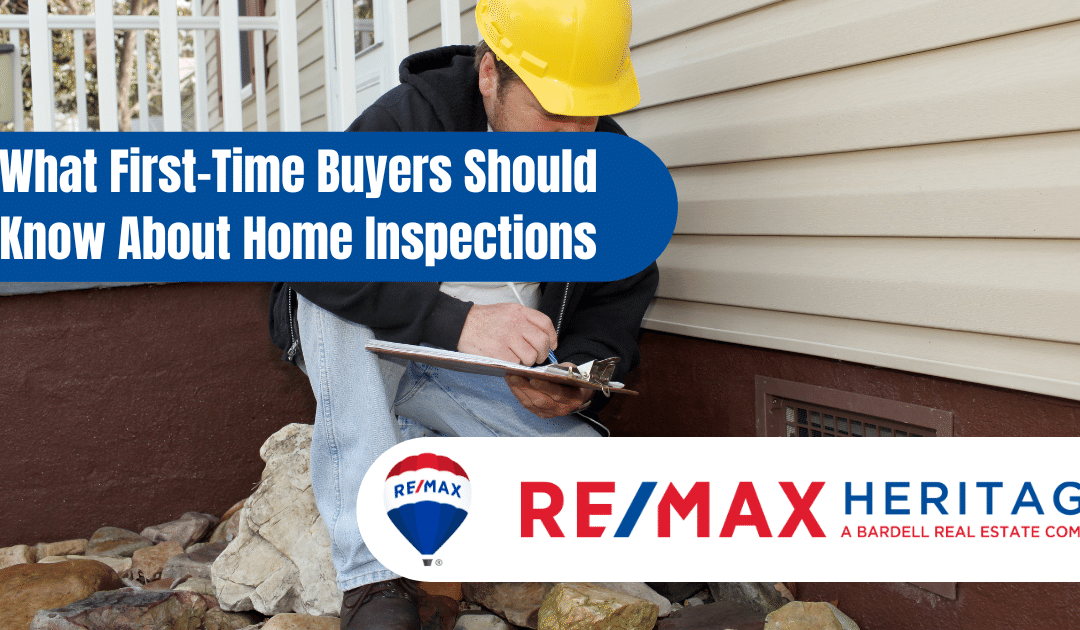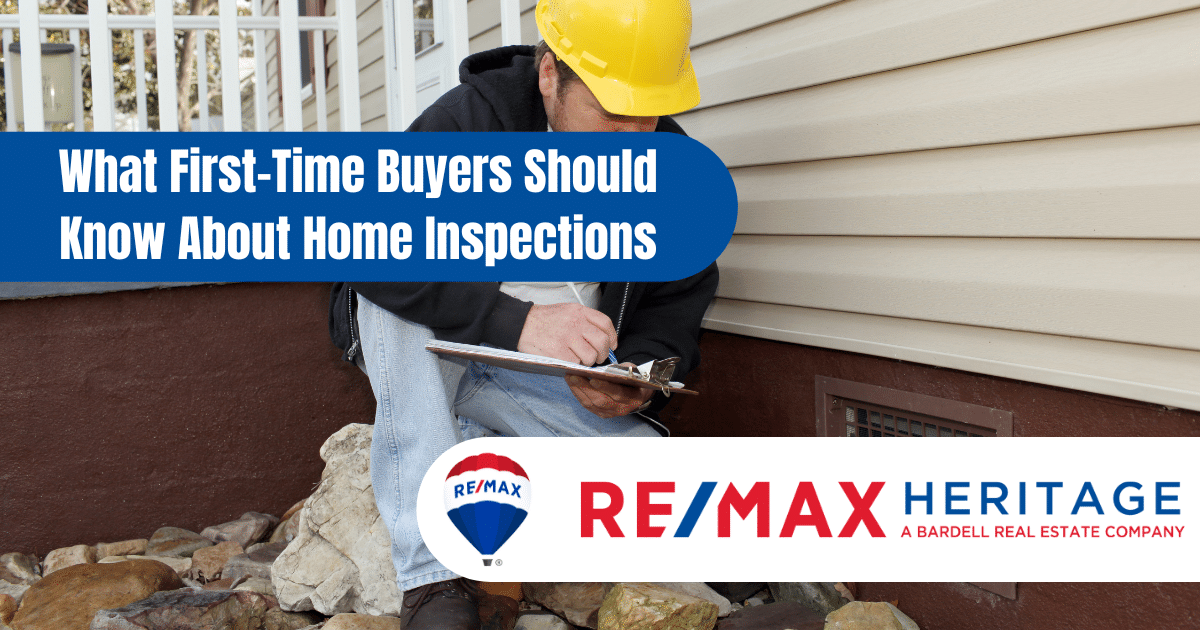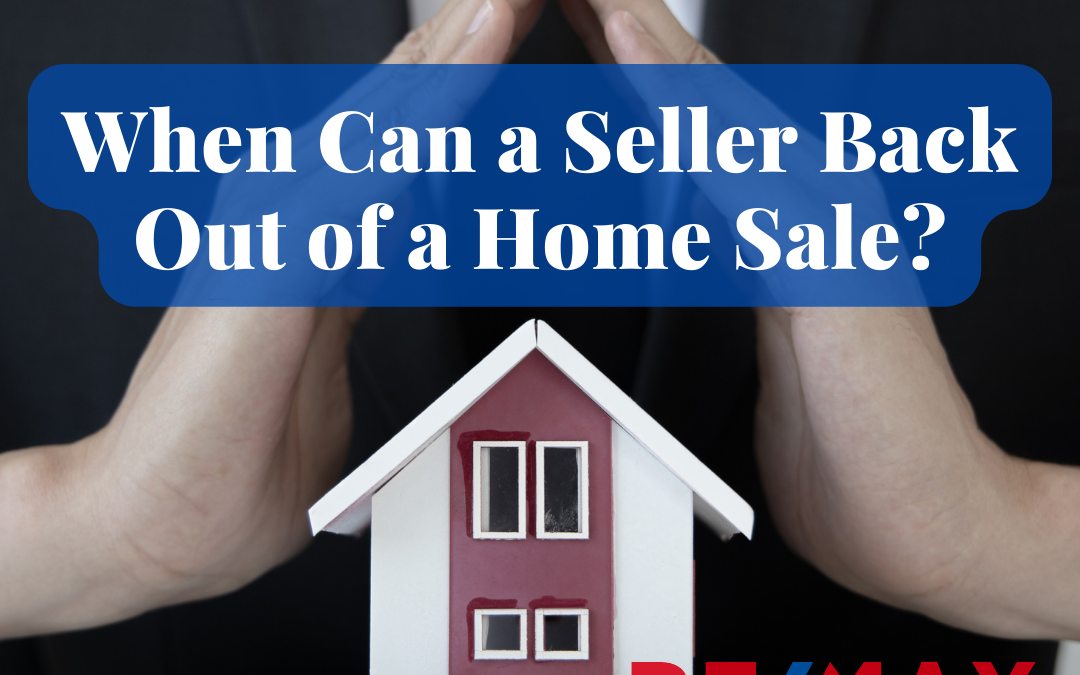It seems like a simple enough question, but many people actually get it wrong, confusing this type of home with lots of others. We’re here to help! So let’s set the record straight—and help you decide whether a townhouse is right for you.
What to know about a townhouse
The origins of the word townhouse go back to early England, where the term referred to a dwelling a family (usually royalty) kept “in town” (meaning London) when their primary residence was in the country. The word stuck, and today, it’s used to describe a wide array of primary residences (rather than just an extra pied-à-terre for the rich) all over the world—in other words, not just in cities.
In the United States, a townhouses is defined as a single-family home with at least two floors that share a wall with another house. Unlike duplexes or fourplexes, however, each townhouse is individually owned. The primary difference between townhouses and row houses is in how they’re arranged. Row houses are, as the name suggests, lined up all in a row, while townhouses can often be configured differently.
Census studies from a decade ago that did break out townhouses and row houses showed them making up about 5.6% of the total U.S. housing inventory, which is low compared to decades when townhouses were most popular, such as the 1940s, when they made up 7.6% of the inventory.
Where to find townhouses
Townhouses are most common in areas where land is in short supply and property prices are high. As townhouses share walls with neighbors, they make the most of the lot they are built on, which makes them a deal compared to freestanding single-family homes.
“There are parts of the county where you don’t see townhouses all—typically where land is openly available,” said Robert Palmer, a financial expert and host of the Saving Thousands Radio Show. “Where you really see town houses being utilized is in areas of transition—areas where you see an urban-to-suburban transfer, before you really get into the sprawling land of the suburbs. But you’re not necessarily downtown, where you tend to see more condos.”
Townhouse vs. condo: What’s the difference?
The difference between townhouses and condos is a bit murkier, and depends on the form of ownership, because some townhouses are sold as condos. If you purchase a townhouse as a condo, you will own just the inside of the building. If you purchase it as a townhouse, then you may own the property outside as well, though it may be subject to the rules of a homeowners association.
Benefits of townhouse living
One benefit of owning a townhouse over a condo is that since you fully own the property, you’re able to make important decisions about upgrades to and the upkeep of your home.
“If you’re in a condo, there are often stiff regulations about these decisions, and you’re stuck being a part of the bigger group—you can’t make any real decisions about the exterior of your unit when it comes to replacements, upgrades, and maintenance,” Palmer says.
Townhouses, in contrast, give you a freer hand—without the high costs of maintaining a single-family home. “With a single-family home, you’re completely alone, and all maintenance responsibilities rest on your shoulders,” says Palmer. In a way, a townhouse can offer the best of both worlds, he says: “I believe townhouses fill the gap, where you get some cost savings and benefits of being part of the bigger community and having that attached-type of housing, but you’re not limited, as you would be being part of a condo association.”
This winning combo—of being both master of your domain (inside the house and out) with minimal maintenance and low entry costs—makes townhouses perfect for first-time buyers.
Source: Realtor.com









